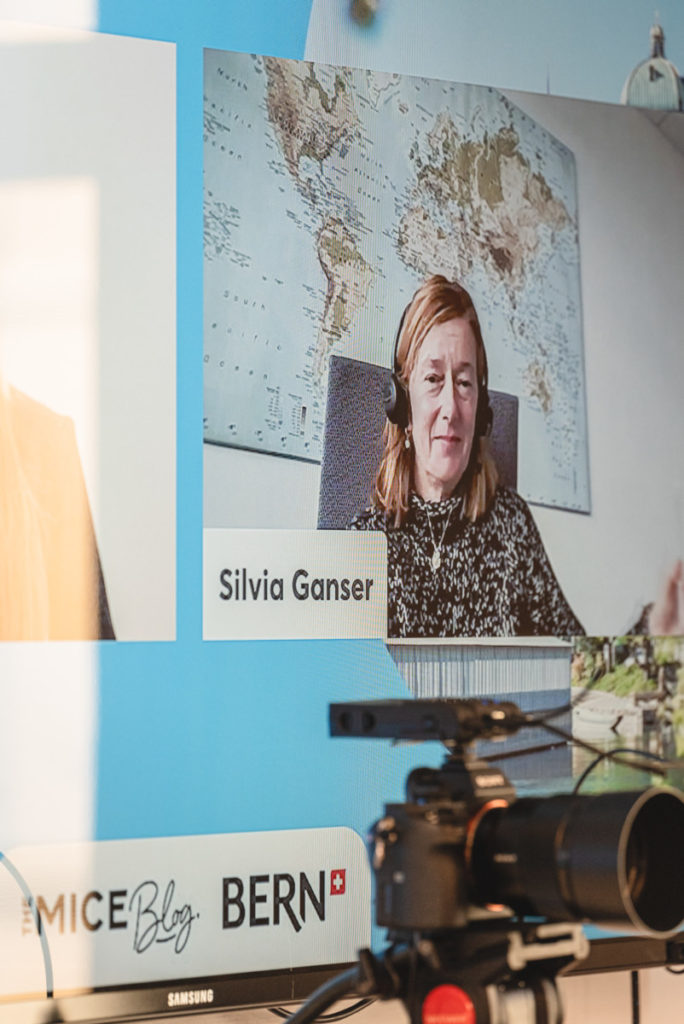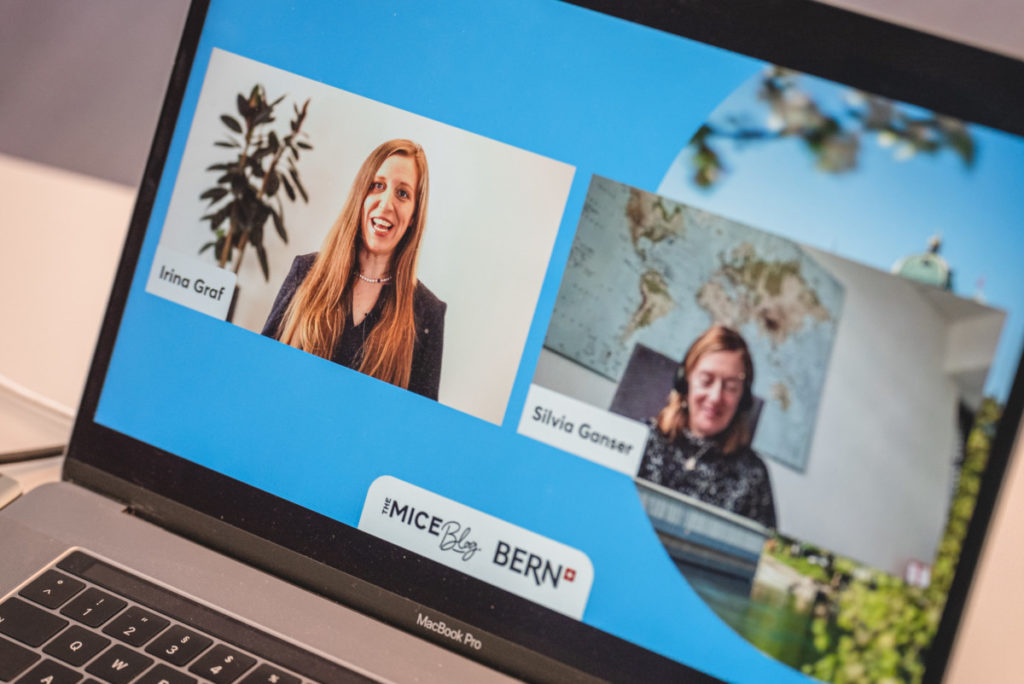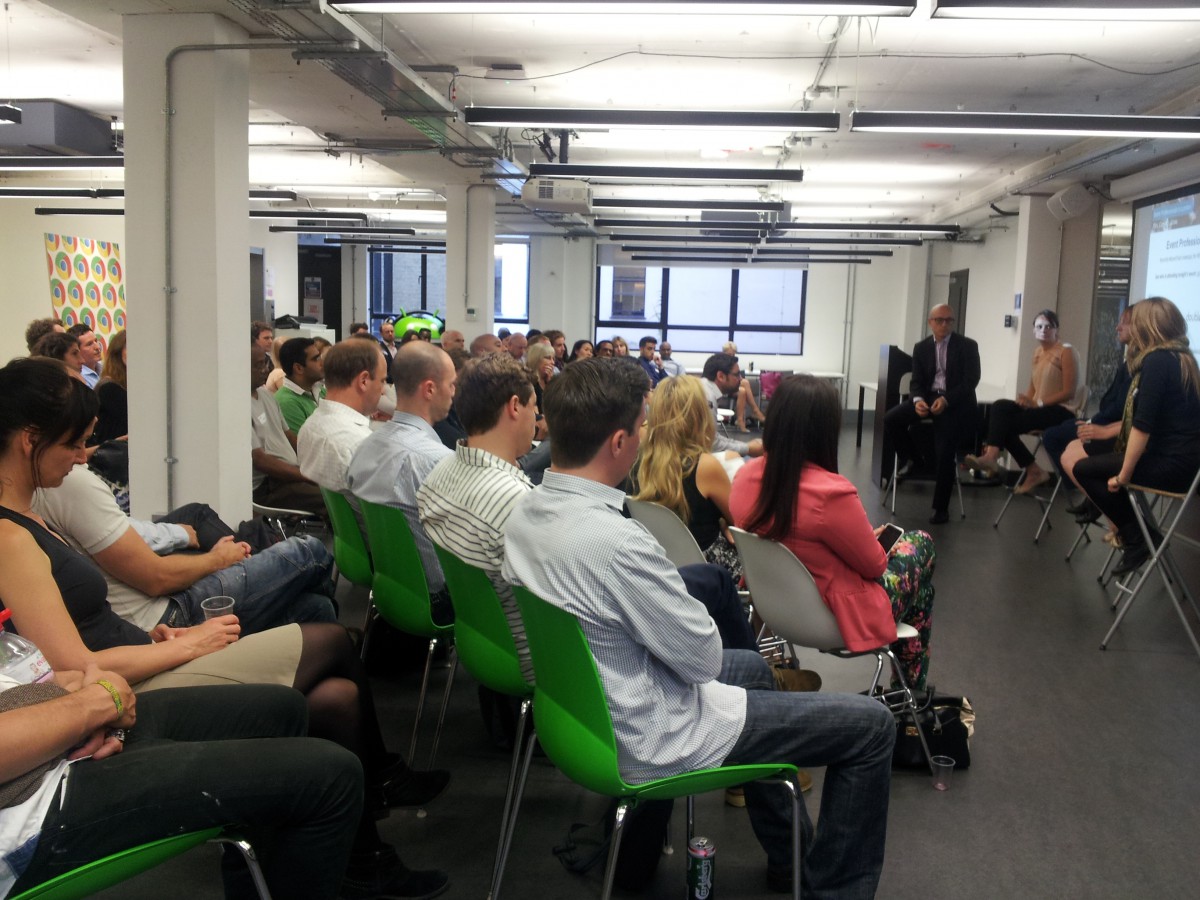Incentives are the most exciting part of the MICE (Meetings, Incentives, Conferences, Exhibition) business. The most vivid pre-COVID memories that I have of incentive trips are from experiencing destinations where I got to know their hidden gems, interact with locals and learn about their craft or their culture, and network with other participants. Memories and experiences that are created at a destination outlive any other type or event and experience; for me at least.
The return of incentive travel has given clients the opportunity to book these trips with confidence. I had the pleasure of interviewing an industry leader who specialises in incentive travel and has a wide portfolio of national and international customers – Silvia Ganser, Director of Frankfurt-based 42 Incentives (which is part of the VOK DAMS Group). The past two years haven’t been easy for 42 Incentives and for many other companies in the events business. And now with live events returning and many companies rescheduling events which had been postponed in 2020, 2021 and 2022, and planning for 2023, this timely interview focuses on providing tips on how to plan an incentive trip with confidence, and with safety protocols built into it. The interview took place in Bern at Hotel Kreuz, and Silvia joined remotely from Frankfurt.
Overview of the past two years
At the beginning of February 2020, no one really knew what was happening. Towards the end of February and beginning of March, we received our first cancellations for some incentive trips abroad, like in Dubai and Cuba. These cancellations were two, three days or even one day before departure.
So the most important thing at this stage was to secure the clients’ payment and our money abroad in foreign countries. As for the second step, we were rethinking what would be the solution. So the best solution was to postpone as far as possible, because it was also important to not lose money for the companies and our clients.
After more or less four weeks, at the end of March, nearly all incentive trips were cancelled. Our advantage at this time was that we have a very stable and very good relationship with our partners abroad and our network. So we negotiated client-friendly terms for all cancelled trips under very good conditions, and for all projects which were upcoming, that the payment would be postponed as well. This was really priority at that moment, to give these clients a sense of safety and security in terms of being able to postpone everything. Our principle was ‘Don’t cancel, plan it later.’
Since November last year, the team at 42 Incentives have been back on the road, planning incentives around the world, both short and long haul.

What has changed since the pandemic in the way companies approach incentive travel?
I would estimate we have a higher workload of 20% per project. The biggest challenge is all the travel restrictions around the world, especially if we handle international groups. We are working as a service provider for our clients so we have to inform our clients even if we say everybody has to take their own responsibility.
Trying to check travel needs for ten different nationalities to enter a country in Europe, that’s quite challenging. Also, we need to check which COVID-19 vaccination has been approved by each destination and meets their entry requirements and how they have to travel with a stopover. And that’s a really, really big workload. For example, my colleague called the government of a destination to ask how long the fully vaccinated status remains valid, and they had no answer.
Another aspect is that all the planning has shorter timelines. Sometimes we have three months instead of one year to prepare for the trip, especially at the moment. From there, we have to give recommendations in terms of hygiene protocols.
There are still clients, but only a few to be honest, who say ‘we prefer a destination which is reachable without a flight’. So sometimes to reach a destination which needs a flight is a bit of a challenge. Therefore, these clients focus more on nearby destinations like Austria or Germany; something that is not too far away.
Do you see any specific industries that have returned to, or feel more confident about incentive travel?
All the industries are back, including the big corporations and the mid-sized companies. However, I think the bravest industry is the network marketing industry, because they need this incentive platform to conduct sales, to develop relationships, and motivate clients and team members. While all industries are back, some companies are still waiting. But it’s difficult to say why: is it because the results are not very good, and they have to save budget or they still have internal rules?
I think the higher restrictions will be in business travel. I think many companies have reduced regular business travel, involving flights, for meetings inside Europe. This will be 30% less for sure. We are not in this business, but everybody is used to negotiating things, to talking about things in online meetings. There is no need to fly out for a two hour meeting anymore due to sustainability considerations.

As COVID has not completely gone away, what is your contingency plan if one of your team members, an employee or a speaker contracts the virus?
You always need a backup. For example, we had this situation for a big project in March. The project lead was ill two days before departure with COVID and was not allowed to travel by plane. So we always have a 24 hour backup plan and maybe work with a second lead. This means you need backup project assistance and project managers, one of whom is able to jump on a flight within 24 hours. As I mentioned earlier, we face a higher workload to realise projects and that’s one of the aspects that adds to this.
In the face of COVID, do we now see a higher spend on maintaining hygiene protocols and what do such hygiene practices look like?
The clients are asking for it and they are also open to pay for it. I think the hygiene protocols of today are different compared to one year ago. After two years in a pandemic situation, everybody is used to social distancing and wearing a mask in everyday life. Other variable hygiene requirements include the COVID country specific specifications. In some countries, you need to be boosted. In some, there is no need to be vaccinated. In some countries, you need a PCR test but only 48 hours before travelling. So these are the first important points.
Another factor is the insurance needs. Some countries request some insurance, with policies that allow for COVID coverage, and then we especially include the group restrictions. So in some countries, coaches still have an occupancy restriction of 75% or a maximum table limit of six persons. And then the most important factor is that clients have to determine in advance how they want to handle on-site testing, and decide yes or no or before travelling, even if a test before travelling is not needed.
Our recommendation to all clients is to ask each participant to take a test before travelling. These are the most important considerations before travelling under hygiene protocols.
On site, it’s very important that not only our agency team, but also the client team, is informed about the ‘to dos’ in case of individual situations, which include but are rarely emergencies. And it’s very important that everybody delivers the same message. So how do you act or react if a guest arrives with symptoms or a guest tells you they have a positive test result? You need very consistent protocols.
Furthermore, hygiene protocols are dictated by the quarantine requirements in each respective country. How is it handled? How are the costs covered? These are all very important points and what you have to finalise before planning travel for the clients. In general, the hygiene protocol documents have 30 pages, or at least our last one did. It’s very simple, everybody has to understand it. The entire team, the internal team, our team and client team have to be informed about all these points.
Having strong hygiene protocols in place is definitely one of the ways of giving clients a sense of safety and security. What are some other aspects that can help clients to convince them to book incentives?
The most important point is to give the client safety and flexibility. We are planning an international trip to Croatia in June, also under very short timelines for 100 guests and they are coming from all over the world. So we negotiated, in case we also have other challenges. Right now we have the challenge of Ukraine and Russian guests. How can we handle these guests when they are not allowed or not able to travel? We negotiate exit windows with the suppliers. So in the contract, it has already mentioned these six guests from Ukraine and Russia and they cannot travel. We can release the booking for free. In addition, we have exit windows in the case that some persons are denied entry due to COVID restriction, we can release the booking. The best thing we can do is to give the client security and the best way to handle it is with ‘postponement windows’. If the entire group cannot travel, we negotiate postponement windows of three, six, five days. To plan travelling at the moment is always and is still a small risk. We cannot avoid this. We only can give the client the feeling that we have looked into the contract as far as and as deeply as possible, that we have negotiated as much as possible with the destination suppliers, as well as with the airlines. The airlines, especially for group bookings, are quite flexible when it comes to postponing group flights. And this significantly helps instil the clients with a sufficient sense of safety that will allow them to plan something.

What are the new opportunities for incentive travel in 2022 and beyond?
Some clients are asking for slower concepts like hiking or biking in Germany. So there’s also the impact of sustainability, but it’s maybe a mix. So they focus on staying in Germany, Austria or in Switzerland, and plan to go by train or car and discover more nature en route or natural surroundings. People are open and companies are open when it comes to planning travel. They are looking for more sustainability points. We support our clients when they order reusable bottles or similar initiatives to reduce plastic waste, or other sustainable initiatives.
There is nothing new in terms of destination selection. There are always some new destinations like Montenegro or Slovenia. But it’s nothing new. One of the challenges is greater options for more exciting destinations or not so common destinations, which have reduced flight capacity. However, I think that the opportunity or the challenge with this restart is also the influence of sustainability to pay the extra fee for flights to be more sustainable. What is completely different or new is to go more for exclusivity instead of being mixed with other groups or other clients.
What is your message to potential or current clients who are reading this interview?
Live experiences are more important than ever, to build up loyalty, and to motivate your team and your clients. This is what we’ve concluded after the past seven months, during all these live meetings and incentives, following two years of pandemic life which included social distancing, work from home and reduced social contact. To travel and to do live events is possible. You need a good agency partner. And I think the need for a professional agency service is now more important than ever. A good agency can give you security and safe planning processes. For sure, we cannot avoid all circumstances. To travel will always be a little bit of a risk. However, this was also the case before the pandemic. So look for a good service partner and restart planning with small things or staying in Germany or close to Germany – you will see it can work. We had no insurmountable obstacles in all our incentives since last September. Everybody was coming back healthy and safe and happy. If you consider the rules and the restrictions and the behaviours of each country, then you can travel.
Conclusion with personal takeaways
The message that I take from this interview is the importance of working with a strong agency that is aware of all the regulations and can negotiate the best terms in the case that circumstances change. Whilst this interview focused on bouncing back from COVID, there are other world events that are out of control; therefore, having an extra layer of security and flexibility to postpone and have an exit window, is very reassuring. A trusted agency knows many suppliers and works closely with destinations and Destination Management Companies, so they are in the position to assist with changes that are out of clients’ control.
Another topic that stood out is the fact that many agencies are experiencing a higher workload. Many agencies have expressed this challenge to me, and the combination of high workload and short lead times is adding a layer of complexity for them. I think that clients should keep the following in mind when planning their next incentive trip: allow ample time for the agency to do research, secure availability for best venues and destinations, and consider the workload that goes into this for the individuals who are working in a very high pressure environment under tight deadlines.
Sponsored post. In collaboration with Bern Convention Bureau.




No Comments